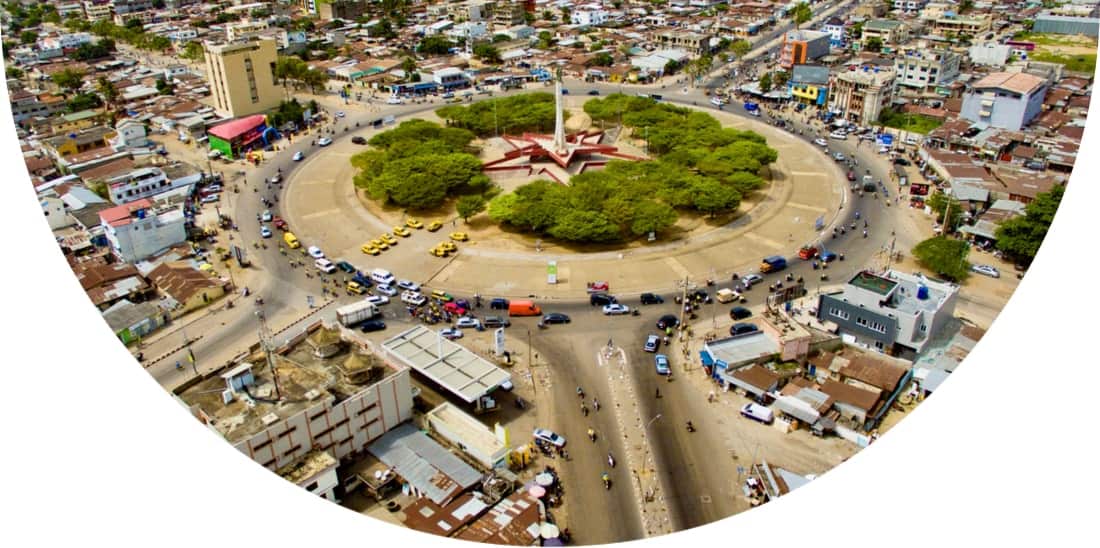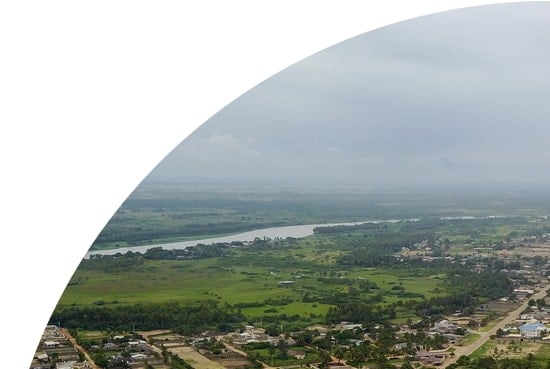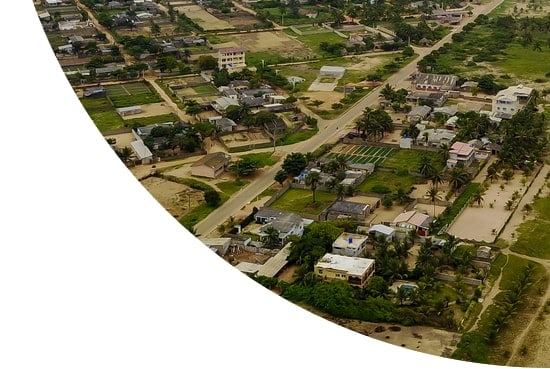Rift Valley fever (RVF) is an acute, fever-causing viral disease that usually affects domesticated animals (such as cattle and sheep), but can also infect and cause illness in humans. The majority of human infections are caused by direct or indirect contact with the blood or organs of infected animals.


Travel Vaccinations for Benin
Recommended Vaccines for Benin
The level of protection needed depends on your medical history and travel itinerary. Book now to get a personalised recommendation from our specialist travel nurses. The consultation costs £20 plus any vaccines you decide to take.
Vaccines Advised To Some Benin Visitors
Flexible appointments with no upfront payment
Book Now
Destination Information for Benin
The small nation of Benin is full of natural beauty, rich traditions and cultures, and a complex and curious history. It’s situated between Togo and Nigeria, and its southern coastline includes what was formerly known as the ‘slave coast’, from where captives were shipped away to be sold. Benin is also known as the birthplace of Voodoo, and the country celebrates with an annual Voodoo Day. Visit from November-February for warm, dry weather with prime wildlife-watching.
Visitors to Benin will find plenty to do and see in this vibrant and fascinating land. The country boasts the Parc National de la Pendjari, one of the finest and best-known wildlife parks in West Africa. Tourists can see lions, elephants, cheetahs and many more species in their natural habitats. With a range of accommodation options and reasonable transport throughout the country, Benin welcomes guests looking to explore and understand the life and history of this incredible place.
Infections and Outbreaks frequently change from country to country and by attending our clinics you will be given the most up to date clinical and safety advice from our team of specialists. Our advice to you often includes aspects such as:
- Food and water hygiene
- Insect and animal bite avoidances
- Personal safety
- Sexually transmitted infections
- Sun protection
- Altitude sickness
Malaria and regions within country:
There is a high risk of P.Falciparum malaria throughout the country and anti-malarial medication is advised.
Additional Health Risks Information for Benin
Medical facilities in Benin, particularly in rural areas, are poor. If you have an accident or become seriously unwell it will be necessary to be evacuated for treatment elsewhere, so ensure that you have adequate travel insurance in place. It is common to find water-borne diseases including cholera, so take sensible precautions including drinking only bottled water, taking care over the preparation of fruit and vegetables, and exercising good personal hygiene. Benin is a yellow fever and a high risk malaria zone, so consult a travel clinic for all the necessary vaccines, malaria tablets and travel health advice before travelling.
Foreign visitors can often be a target for petty crime and scams, including pickpocketing and online fraud. More serious crime including robbery, car-jacking and muggings also occur, especially in the capital Cotonou. Be vigilant about your personal safety, and be especially aware of locals who appear too friendly or helpful, offering romance or employment opportunities.
During the rainy season flooding can affect the road network, which is often poorly maintained and difficult to use. If you’re driving you should check your route before you travel, and ensure that you have enough fuel for the entire journey as there are often unexpected shortages.



